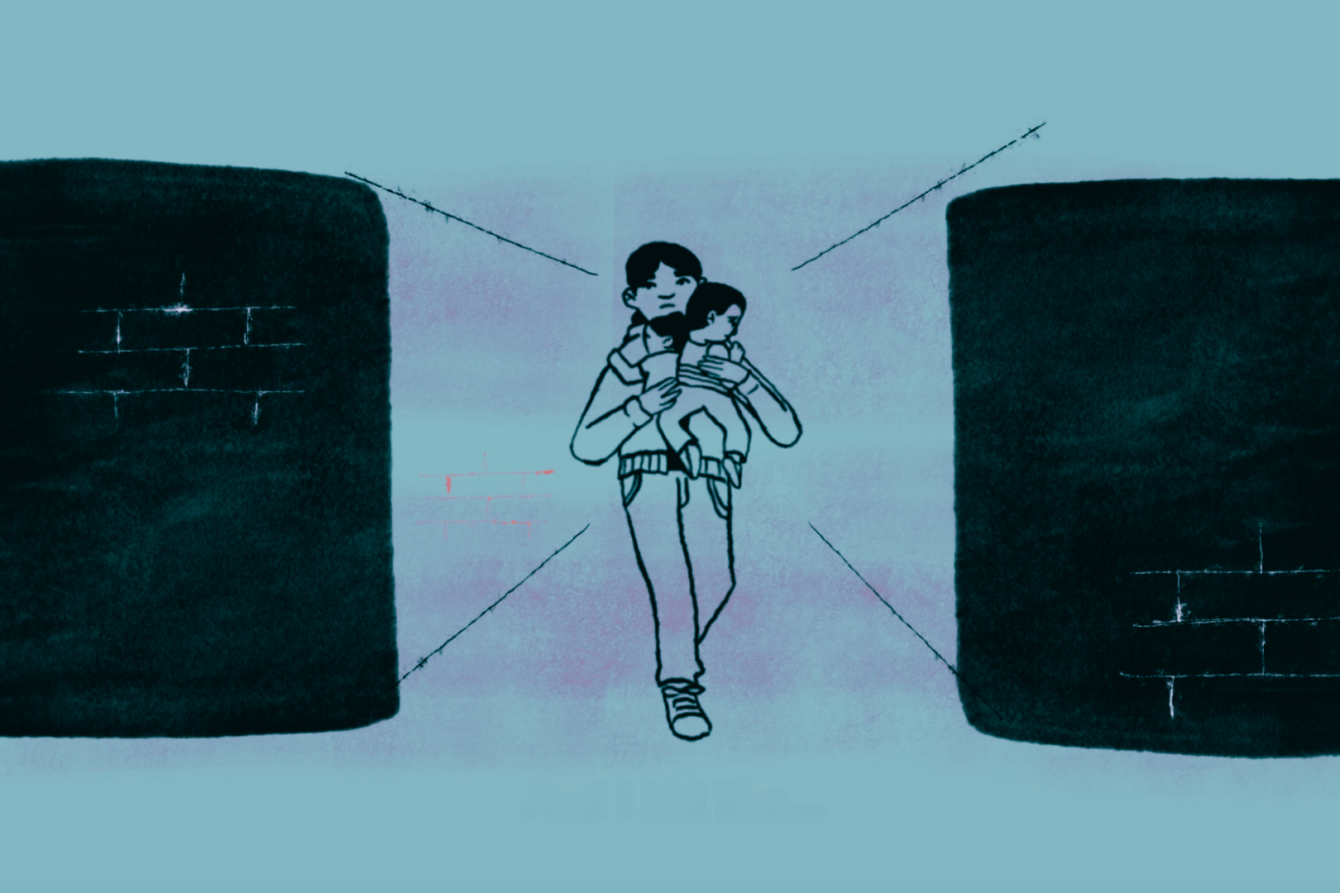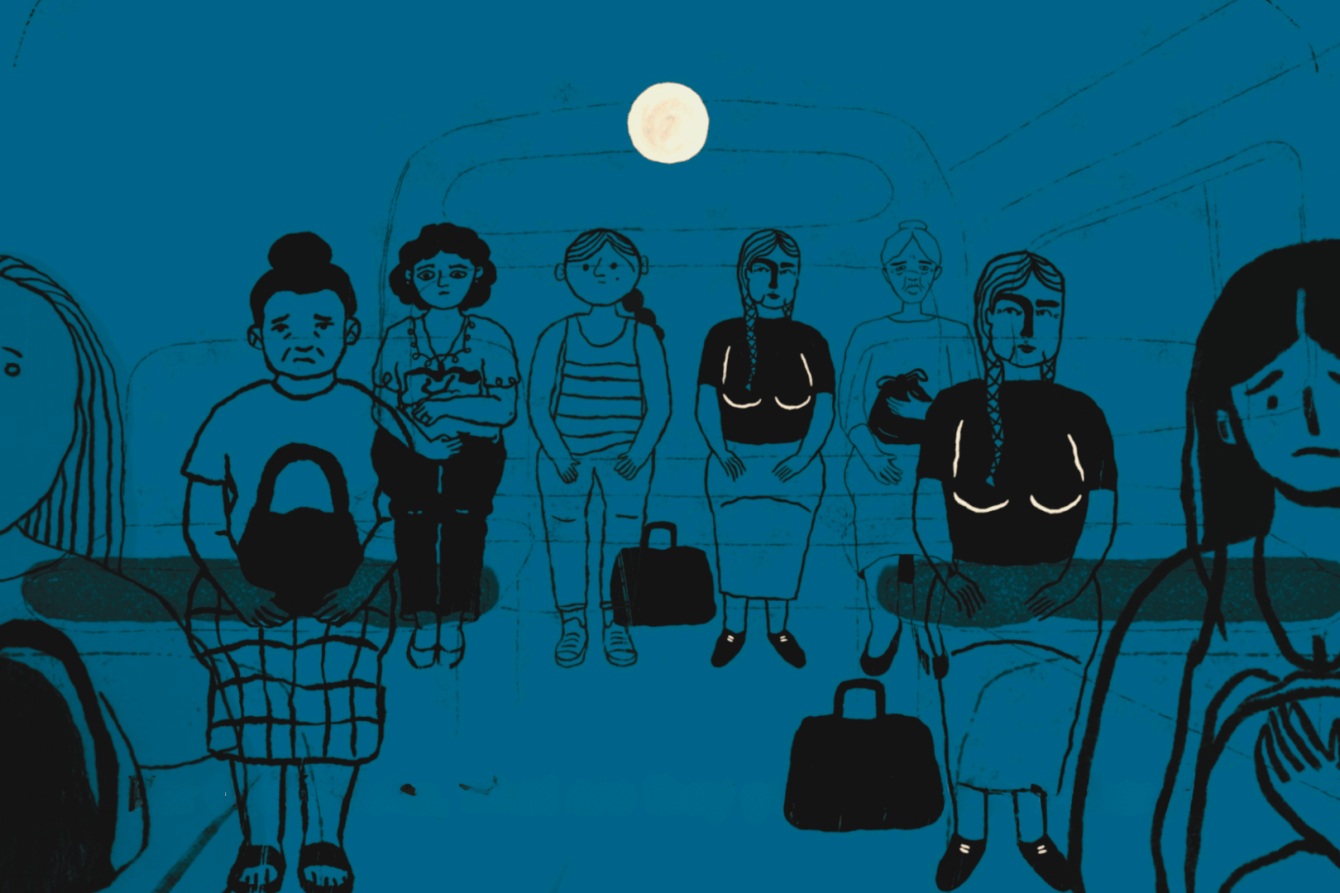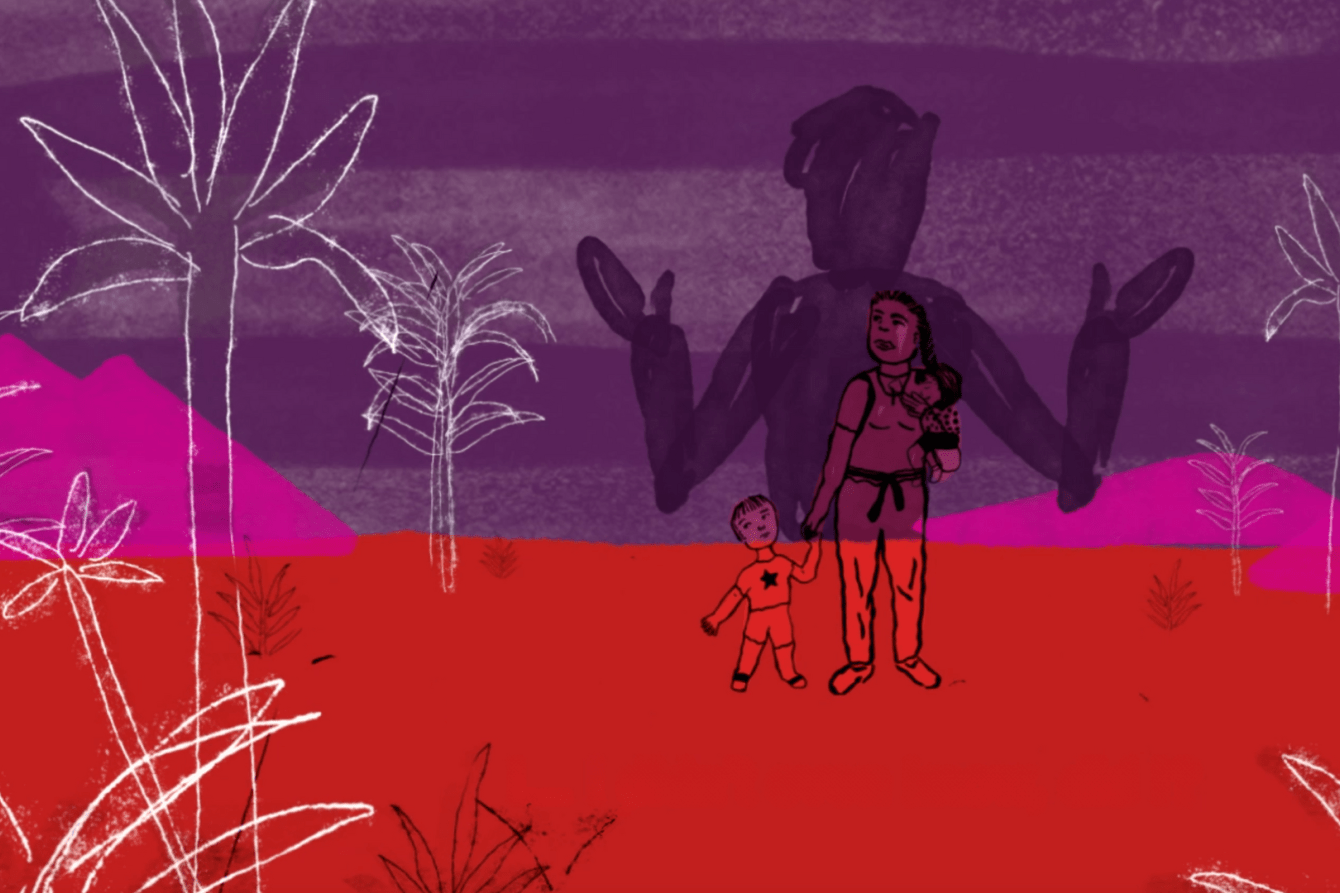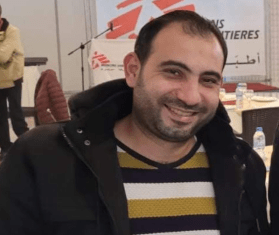Sexual violence is one of the most normalized and pervasive forms of violence that migrants face on their journeys through the Americas. As more women and families embark on the migration route, Doctors Without Borders/Médecins Sans Frontières (MSF) teams in Mexico are stepping up their response to the physical and mental health needs of survivors while bearing witness to patients with painful stories.
To shine a light on the resilience and strength of survivors and the violence migrants face, MSF collaborated with 13 Mexican artists to present “Una y Miles” (One and a thousand), an animated short documentary following two MSF patients on the path to healing, and the dangers endured while migrating in search of a better life.
One of thousands
Stories of Survivors of sexual violence on the migration route in the Americas
The growing threat of sexual violence during migration
MSF teams are reporting an increase in cases of extreme violence against women along the migration route, including sexual violence. Between January and August last year, MSF conducted 744 diagnosis and treatment consultations for cases of sexual violence in Mexico. Over 90 percent of the patients were women of all ages.
“They told me, ‘What do you think, that because you are pregnant, you are saved?’” Suzy* told the team at MSF’s Comprehensive Care Center in Mexico City, which is a space focused on treating victims of extreme violence and torture. “Well not for me, girl. You see that I am 37 weeks pregnant.”

Suzy is one of thousands of women who subjected to sexual violence during their journeys to the United States. Regardless of origin, age, or condition, the migration route has become a site of normalized, disproportionate violence against women fleeing unbearable living conditions.
Women on the move in Latin America face not only the risk of being undocumented, but also being targeted because of their gender. “We want to make a call for action and empathy for the women who are currently on the route, far from their families or any support, as well as to warn, once again, about the worsening conditions they face when migrating,” said Ramón Márquez, a project coordinator at the Comprehensive Care Center.

More vulnerable people are embarking on the route
Since 2022, an increasing number of women, children, and adolescents have been taking the migration route to the United States. At MSF service points, there have been more registrations of women who are young, pregnant, breastfeeding, or traveling alone or with minors. As the demographic profile of people on the move has transformed, violence against women worsened, adding to a slew of dangers people face in hopes to reach safety.
The Comprehensive Care Center was established in response to the lack of access to comprehensive health services. At this center, MSF provides interdisciplinary interventions that integrate medicine, psychology, psychiatry, social work, and occupational therapy.

Barriers to care present challenges
Responding to this health crisis on the migration route has become one of the fundamental pillars of MSF's work in Mexico. The barriers women and children face in accessing health care make it more challenging to provide services.
“A major challenge in serving the population is the criminalization of migration, which contributes to the scarcity of health services,” said Márquez. “As a result, many survivors are unable to receive medical or psychological care within 72 hours of [the act of] sexual violence.”
Migrants also report that they are often forced to strip naked and violently searched, particularly their genitals, without consent. Many of these degrading violations are reportedly perpetrated by members of organized crime groups and the police. As a result, many people do not want to approach security or medical authorities on the route for fear of being stopped from migrating or sexually assaulted at checkpoints.
People who do not personally experience sexual violence are frequently exposed to acts perpetrated against others on the route. Some, including families and children, are forced to witness acts of sexual violence against their loved ones.
“I’m lucky because they didn't check me, but I heard my sisters' screams when they were doing it,” said an MSF patient in Piedras Negras, a border city in northeastern Mexico.

Tailoring a compassionate response
MSF teams have adapted to find forms of care that respect patients' dignity and respond to their specific needs. This includes specialized consultations, strengthened mental health services, and referral pathways to local health centers in particular cases. Our teams also provide education on sexual violence and raise awareness in communities about their medical and legal rights, as well as the services available.
“Violence in any form leaves traces in the body's long-term memory,” said Márquez. “Therefore, addressing the impact on mental health is as central as providing medical care. The project team attends to survivors of extreme violence and torture, and works together with patients to raise awareness of the importance of comprehensive care and offer therapeutic support, together or with their family, so that both they and their children can regain their functionality, confidence, and autonomy. However, this is a constant challenge because many people are in a state of high vulnerability and have lost functionality.”
The severity of these needs and the increasing cruelty have forced MSF to expand our health care, mental health, social work, and health promotion services.
"'Una y Miles' is a tribute to the resilience, power, and strength of migrant women,” added Márquez. “It’s also a wake-up call that they do not walk alone. We can all contribute to fighting against all types of violence.”
Governments must urgently implement measures to mitigate this crisis and provide timely access to health services. This issue must be addressed humanely, with respect for survivors’ dignity and rights.
*Names have been changed.




